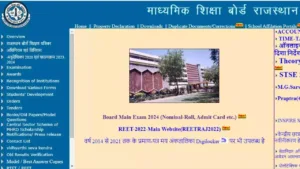In the realm of insurance, ‘Third Party Insurance’ or ‘Motor Third-Party Insurance’ holds significant importance, especially under the purview of the Motor Vehicles Act. This type of insurance, often termed as the ‘act only’ cover, is a statutory obligation for vehicle owners. But what exactly does it entail?
Third-Party Insurance
When we talk about third-party insurance, we are referring to a coverage where the beneficiary isn’t the policyholder or the insurance company. Rather, it extends its protection to individuals outside of this contract, safeguarding their interests in case of unfortunate events involving the insured vehicle.
Legal Protection
The core purpose of third-party insurance is to shield the insured from legal liabilities arising due to third-party injuries, disabilities, or damages to their property. While the policy might not offer direct benefits to the insured, it serves as a crucial protective shield against potential financial burdens arising from legal claims.
Mandatory Nature
In many jurisdictions, including India, possessing third-party insurance is compulsory for all vehicle owners. As per regulatory requirements, non-life insurance companies are mandated to offer this coverage to their clients.
Comprehensive Cover vs. Third-Party Cover
A significant aspect to note is the distinction between a comprehensive cover and a stand-alone third-party cover. While the latter fulfills legal obligations, the former provides broader protection, encompassing damages, and theft in addition to third-party liabilities.
Cost Considerations
It’s noteworthy that the cost of a comprehensive cover is notably higher than that of a stand-alone third-party cover. This difference stems from the increased frequency of damage claims vis-a-vis third-party claims.
Regulatory Changes
Traditionally, the premium for motor third-party insurance was determined based on rates set by regulatory bodies like the Tariff Advisory Committee. However, regulatory changes have done away with this system, shifting towards a more nuanced approach.
Compensation Dynamics
In the unfortunate event of an accident, the compensation awarded to the victim is often contingent upon various factors, including the victim’s earning capacity and the extent of the damages incurred.
In essence, understanding the nuances of third-party insurance is crucial for every vehicle owner, ensuring compliance with legal requirements while also mitigating potential financial risks.














